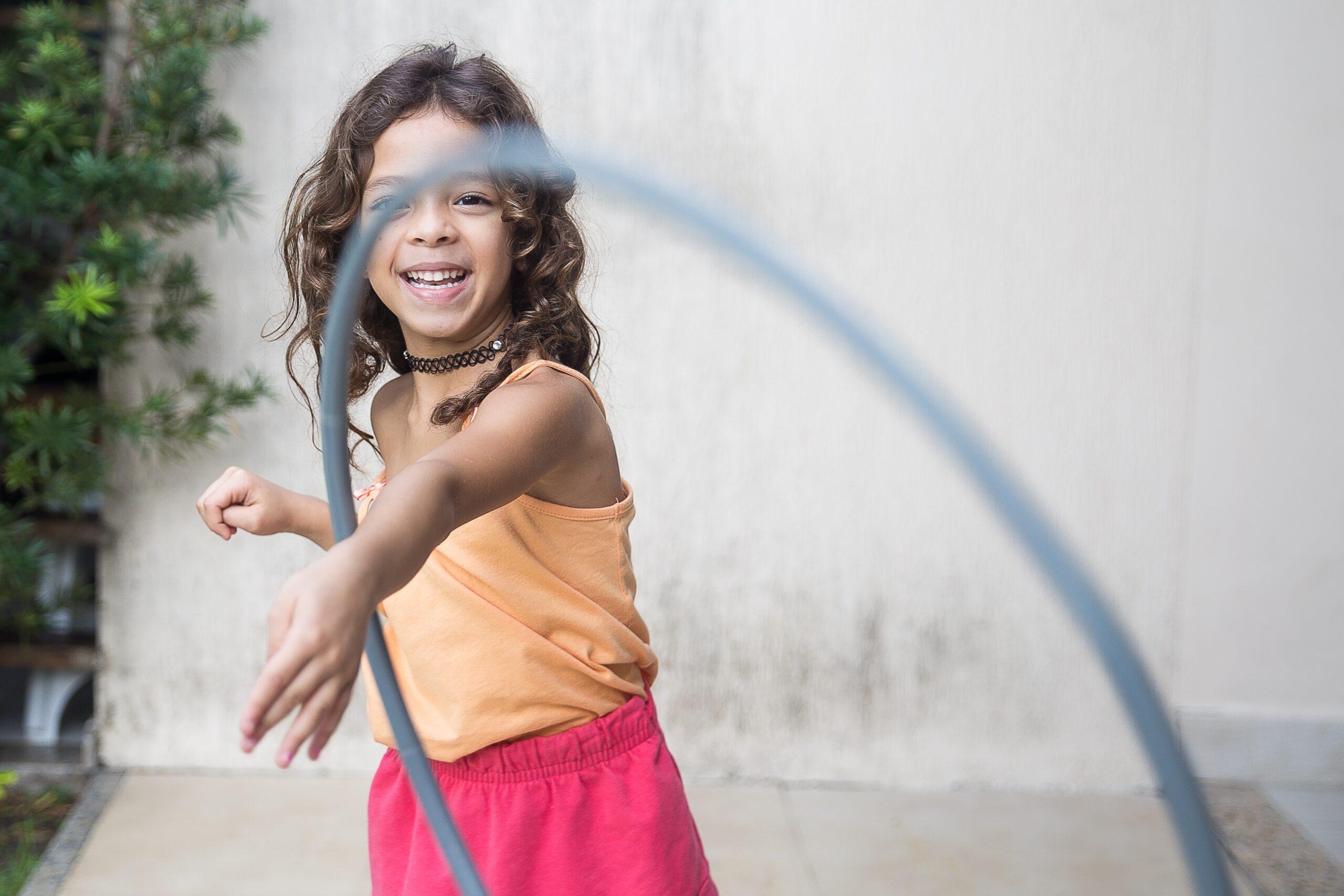For a child with attention deficit hyperactivity disorder (ADHD), making friends can be an especially difficult part of going to school. Kids with attention issues might find that their peers tease them. Students with ADHD probably try hard to be nice and make others like them. But no matter what they do, they often feel like their efforts fail.
We don’t know why having ADHD causes problems with making friends. Scientists think it might be due to the social and emotional part of the brain not maturing as quickly as compared to the brains of people without ADHD. While kids with attention issues might handle friendships and playdates in less mature ways than their peers, they can’t be blamed. The social and emotional part of the brain in youngsters with ADHD just hasn’t caught up yet with the rest of them.
Don’t worry. There are many ways for all children to make friends. Although, those with ADHD may have to work at it a bit harder than others. But encourage kids with attention issues to keep doing their best, and they’ll find that making friends is not so hard after all. For additional guidance, have your kids heed the following advice.
Find one friend.
Popularity is not the goal. Having one good friend is better than trying to make everyone at school like a person. A child’s day is more delightful when he has a person to play with, talk to and eat lunch with. As such, one good friend makes it much easier to ignore the kids who act unkindly.
Choose the right playmate.
Tell your child to look for someone who enjoys similar things. Great friendships start out based on shared interests. Someone who shares similar hobbies as your child will understand him and want to talk about and play with the same things.
Play with younger children.
Kids younger than your child are less likely to tease, be mean to or try to get other kids to be mean to your child. Younger children appreciate an older child’s special qualities and look up to an older peer.
Become a mentor.
Prompt your child to ask a teacher to serve as a volunteer play leader to students in lower grades. Your child should gain a lot from the experience of leading playground time.
Talk back to teasing.
Kids tease a person less if the child is boring to tease. Similarly, it is not fun to tease a child if he doesn’t get upset. Your child could accomplish this by agreeing with whatever kids tease him about, saying something like: “You are right! I am annoying!” Even though your child says he agrees, it does not mean it is true. This is simply a tactic to get your child’s classmates to stop taunting him. Your child can even beat the bully to the teasing by suggesting what he should tease about, “Why don’t you tease me about my freckles today?”
Listen more and talk less.
Kids like to talk about themselves to others. If your child is an exceptional listener, other kids will like him even more.
Compliment others.
Everyone appreciates being told nice things about themselves. Remind your son that compliments are easy to give and make others feel appreciated. Examples of flattery to share include: “Hey, cool shoes!” and “Awesome drawing!”
Be a helper.
Going above and beyond in group activities shows you are a helpful person to be around. Motivate your child to clean up, put away the ball on the playground, take a neighbor’s lunch trash to the garbage can and find additional ways to pitch in to assist peers.
Let others be in charge.
Most kids like to be the one who chooses the game and makes the rules. Even though your child probably enjoys being in charge, too, he might try letting other kids be the boss of games for a while. He may end up having more fun, become considered a good playmate, and get to make up the rules for future games and playdates.



